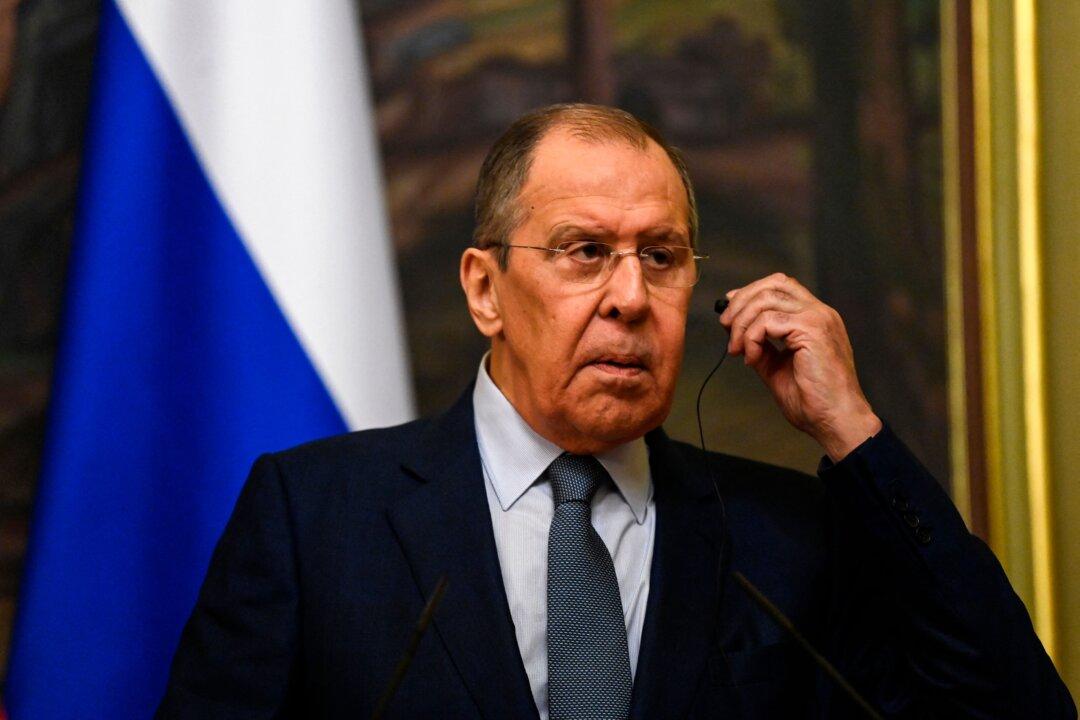Iran has ruled out holding direct talks with Washington as long the latter’s policy of applying “maximum pressure” on Iran—recently revived by U.S. President Donald Trump—remains in place.
“Iran’s stance on the nuclear negotiations is crystal clear,” Iranian Foreign Minister Abbas Araghchi said at a joint news conference in Iranian capital Tehran with Russian counterpart Sergei Lavrov on Feb. 25.





